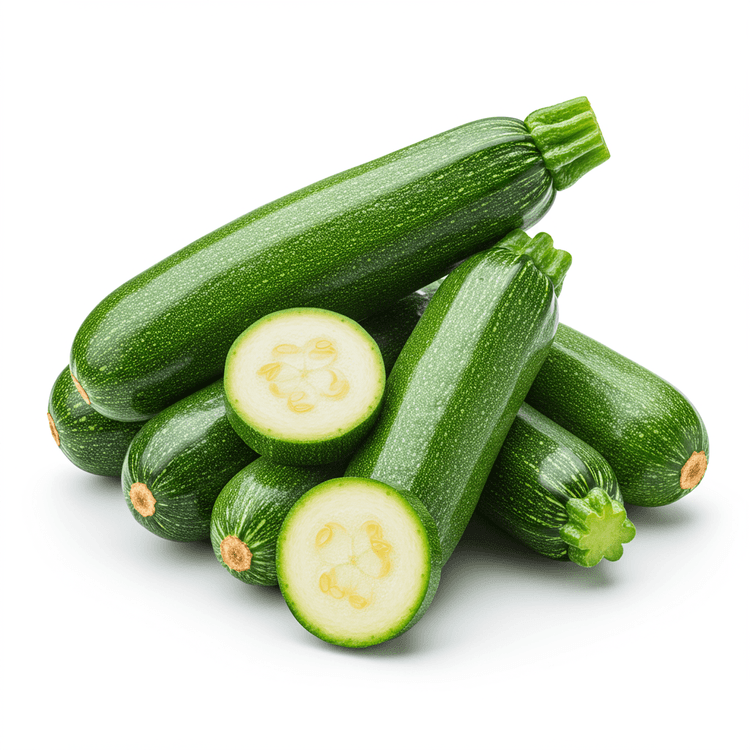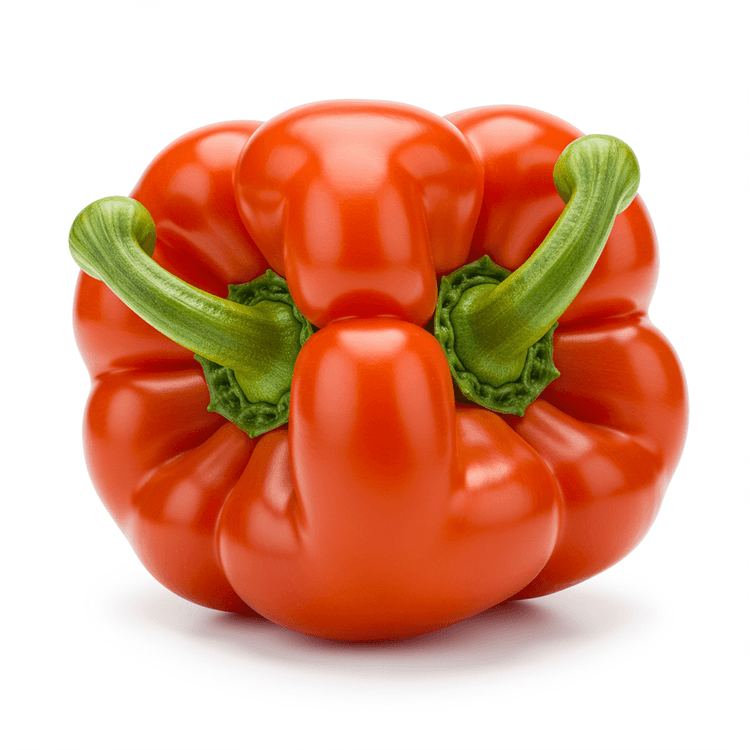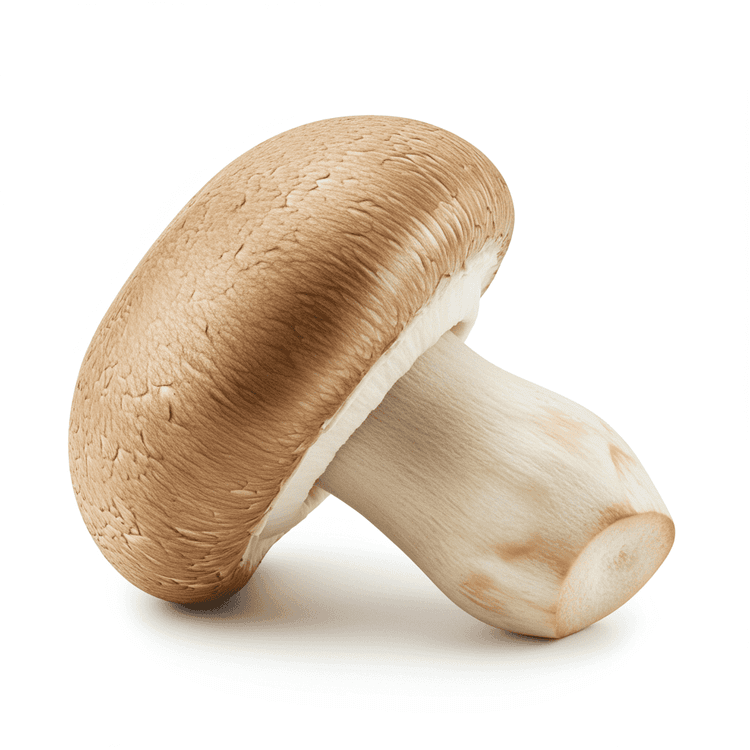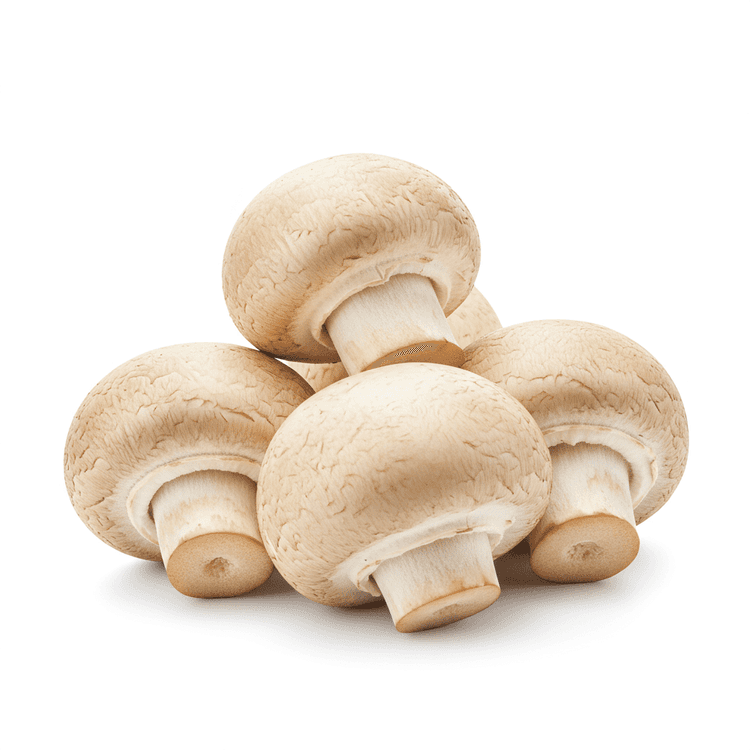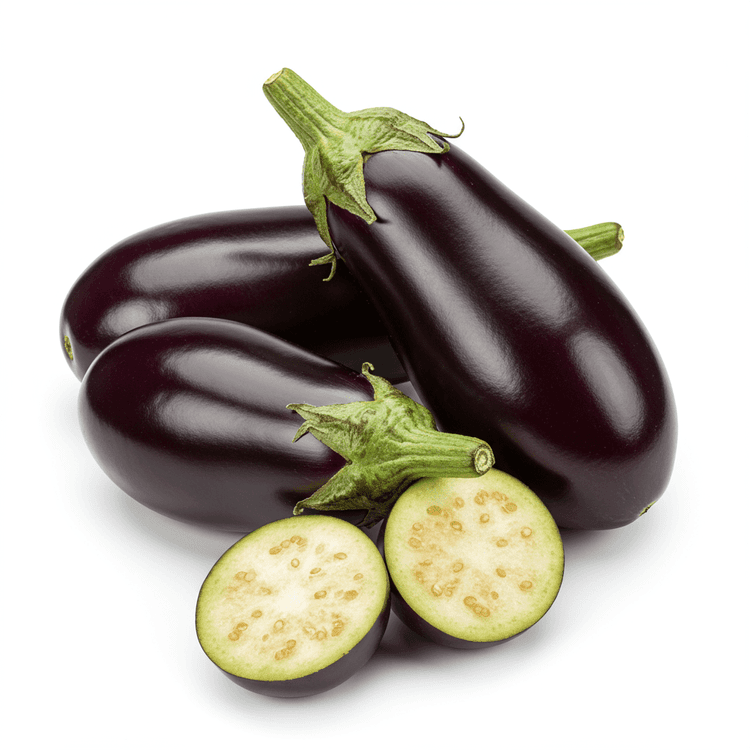
Brinjal
Brinjal, also known as eggplant or aubergine, is a versatile vegetable with a slightly spongy texture and a mild, almost sweet flavor that intensifies when cooked. Its glossy skin ranges in color from deep purple to shades of white, green, and even striped patterns. The flesh is creamy white and contains small, edible seeds. This nightshade vegetable is a popular ingredient in many cuisines, offering a blank canvas for absorbing rich flavors and adding substance to vegetarian and meat dishes alike. Looking to explore new recipes with brinjal? Discover its versatility and nutritional benefits in countless culinary applications.
Common Uses
- Brinjal is ideal for grilling or roasting, which brings out its smoky sweetness and tender texture. Marinate slices with herbs, garlic, and olive oil for a delicious side dish or vegetarian main course.
- It's commonly used in stews and curries, where it absorbs the surrounding flavors beautifully. Add diced brinjal to your favorite vegetable curry for a hearty and satisfying meal.
- Brinjal is a key ingredient in many Mediterranean dishes like moussaka and baba ghanoush. Bake or grill it until soft and then mash for a creamy, flavorful dip or spread.
- Stuff brinjal with rice, vegetables, or meat for a filling and flavorful meal. Halve the brinjal, scoop out some of the flesh, and fill with your desired stuffing before baking.
- Brinjal can be breaded and fried for a crispy and delicious appetizer or side dish. Slice the brinjal thinly, dip in egg and breadcrumbs, and fry until golden brown.
- Use brinjal in pasta sauces for added depth and texture. Dice and sauté it with other vegetables like tomatoes, onions, and garlic before simmering into a rich sauce.
Nutrition (per serving)
Nutrition (per serving)
Calories
35.0kcal (1.75%)
Protein
1.2g (2.4%)
Carbs
8.4g (3.05%)
Sugars
3.2g (6.4%)
Healthy Fat
0.1g
Unhealthy Fat
0.0g
% Daily Value based on a 2000 calorie diet
Nutrition (per serving)
Calories
35.0kcal (1.75%)
Protein
1.2g (2.4%)
Carbs
8.4g (3.05%)
Sugars
3.2g (6.4%)
Healthy Fat
0.1g
Unhealthy Fat
0.0g
% Daily Value based on a 2000 calorie diet
Health Benefits
- May help manage blood sugar levels due to its fiber and antioxidant content.
- Good source of antioxidants, which may protect against cell damage.
- Could promote heart health by helping to lower cholesterol levels.
- Contains fiber, which aids in digestion and promotes gut health.
- Low in calories and carbohydrates, potentially supporting weight management.
- Rich in vitamins and minerals like vitamin K, vitamin C, and potassium.
Chefadora AI is here.
Experience smarter, stress-free cooking.
Storage Tips
Store brinjals at room temperature for a few days if you plan to use them quickly. For longer storage, refrigerate them in a plastic bag in the crisper drawer; they will keep for about a week. Avoid storing them near ethylene-producing fruits like apples or bananas, as this can cause them to spoil faster. Do not wash brinjals before storing, as moisture can promote decay; wash just before using.
Marnirni-apinthi Building, Lot Fourteen,
North Terrace, Adelaide, South Australia, 5000
Australia
